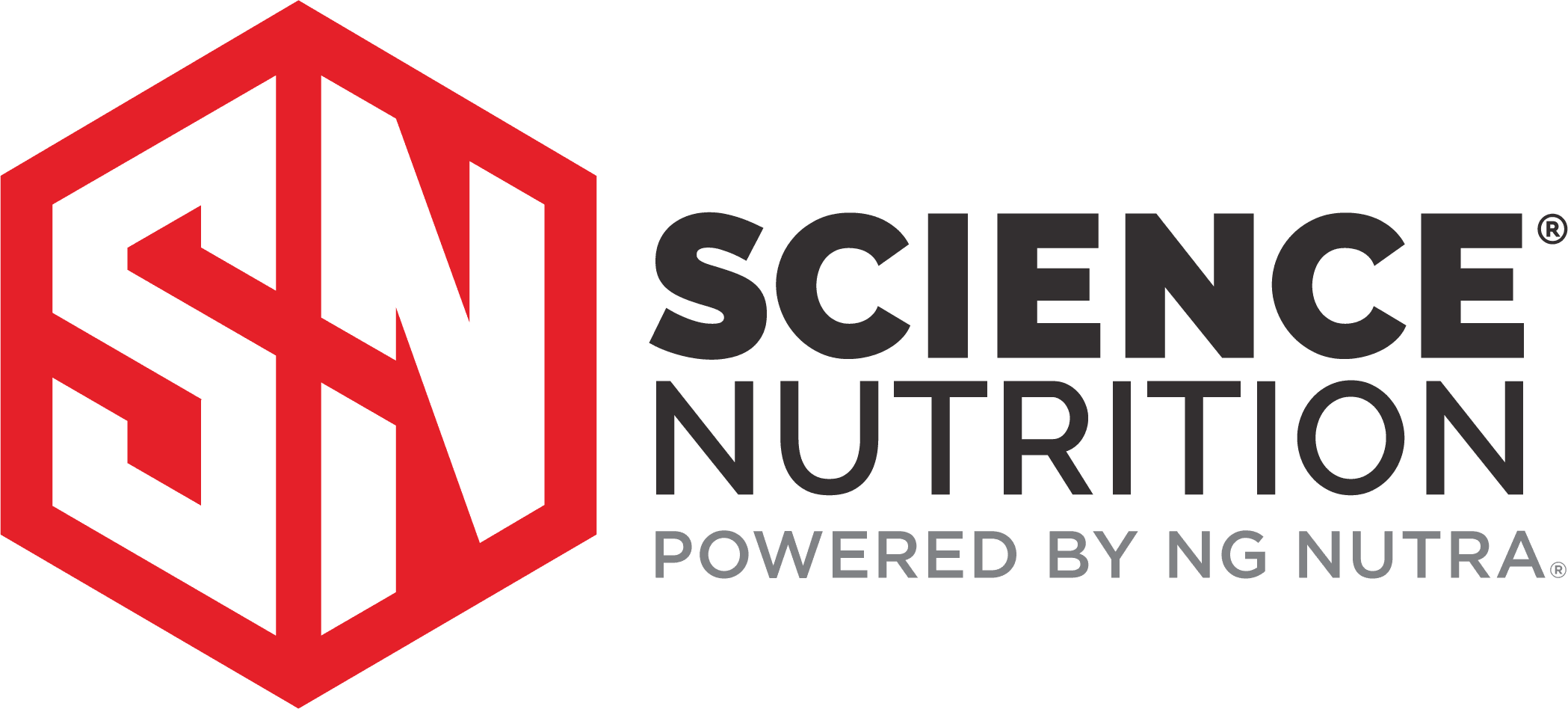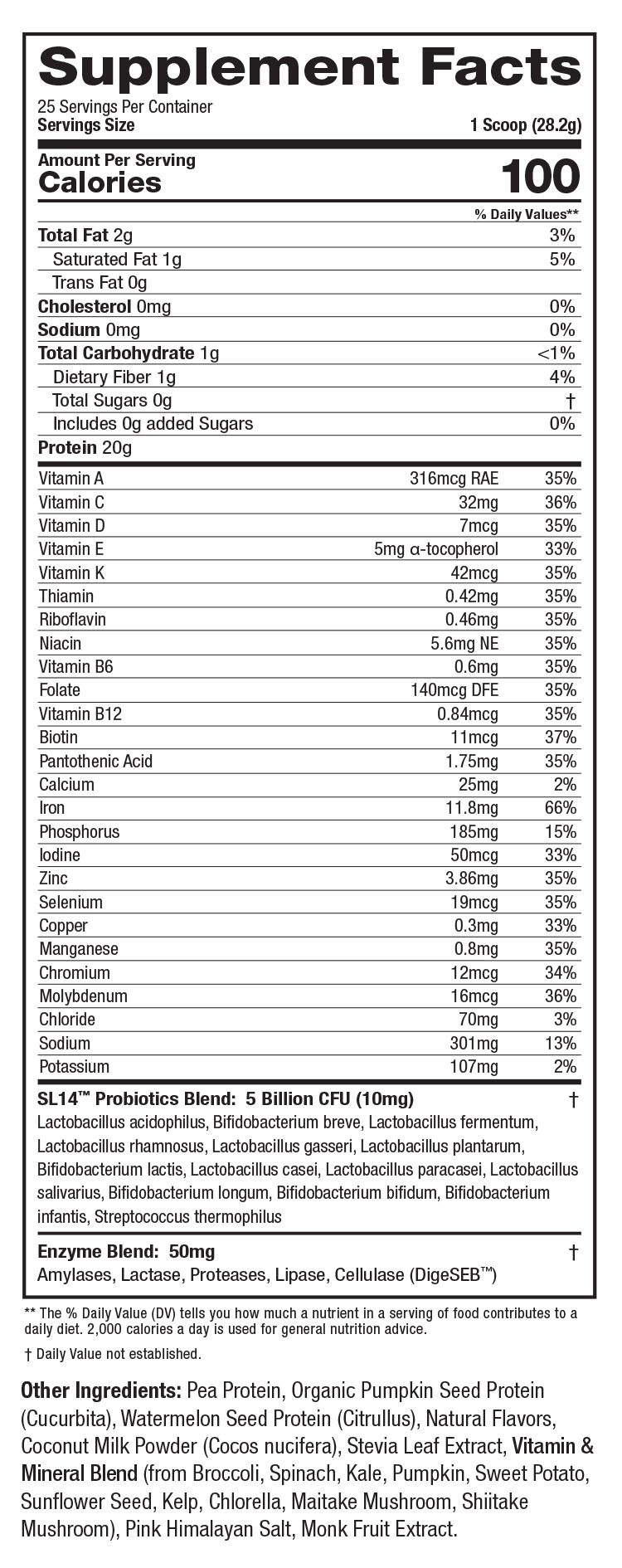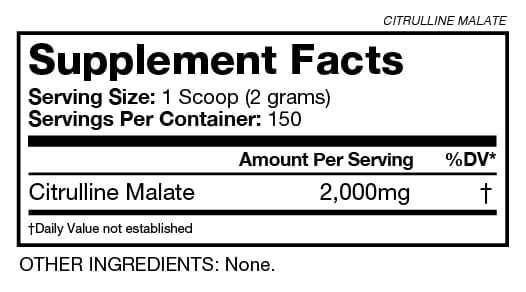From sports recovery to gut health, collagen and probiotics are two buzz words being used in every corner of the fitness industry. Is probiotic collagen all hype? Or is this a worthwhile supplement that you should use to complement your diet?
Numerous studies are revealing the benefits of probiotics and collagen. Men and women can take these supplements, but they are especially beneficial for women.
What is Collagen?
Collagen is a structural protein, and it is the most abundant protein in the human body. Think of it like the scaffolding of a building; it provides structural support for cells and tissue. [1]
To optimize the health and functionality of cells and tissue, collagen is required. A lack of collagen can lead to wrinkles in skin and an increased risk of injury in your joints.
Benefits of Collagen for Women’s Health
As a structural protein, collagen plays a key role in the health of connective tissue, skin cells, and muscle fibers.
Your Skin Will Look Better
Increasing your intake of collagen will improve your skin health.
One study found that taking collagen supplements increased moisture content in the skin. As a result, subjects had softer skin that was more pliable and elastic, two features that typically decrease with age.
The subjects also had smoother skin with fewer wrinkles and less skin roughness. [2]
Collagen Helps with Exercise Recovery
Post-workout muscle soreness is a normal part of exercise. Stretching, sleep, and massage can reduce this soreness, but your diet also plays an important role in how effectively you recover after a tough workout.
Collagen promotes the repair and recovery of both muscle tissue and connective tissue. The latter should be your focus because connective tissue is more fragile, and it takes three times as long as muscle tissue to heal. [3]
A Happy Tummy: Collagen and Gut Health
While more research is needed, supplementing your diet with collagen might be able to promote gut health, reducing ulcers and improving gut flora.
One study found that low levels of collagen correlated with inflammatory bowel disease, which implies that collagen supplementation may be a natural form of relief and strengthening the gut and bowels. [4]
What are Probiotics?
Probiotics are beneficial bacteria that can improve gut health and gut flora diversity. Probiotics are commonly found in fermented foods such as kefir and sauerkraut because they are a product of the fermentation process.
Probiotics and Women’s Health
Probiotics are found in many women’s supplements because of the benefits they can provide specifically for women.
Fight Off Yeast Infections and UTIs
Did you know that 75% of all women are expected to have at least one yeast infection during their lifetime? What’s more, studies show that 50% to 60% of women will also experience at least one urinary tract infection during their life. [5]
Probiotics can help to significantly reduce this risk. Daily probiotic consumption has been shown to slow the growth of yeast and bacteria that cause infection. [6][7]
Immune System
Stress compromises the immune system, increasing the risk of infections, viruses, and other illnesses. Since most of your immune system is located in your gut, one of the best ways to give yourself an immune boost is by improving gut health. That’s where probiotics can help.
Probiotics have been shown to promote the health of your gut flora. What’s more, studies have found that probiotic supplementation is a safe and effective way to combat common illnesses like the flu. [8]
Check out our blog on the 10 best ways to increase your immunity:

Weight Management
While the foundation of healthy weight loss should always be a responsible diet and exercise program, probiotics may also be able to help in a few ways.
Studies suggest that probiotics can increase a feeling of satiety or fullness while promoting the digestion of excess calories, especially dietary fat. More research is needed, but it seems that probiotics are a safe and natural way to support long-term weight management. [9]
Should You Take Collagen and Probiotics Together?
Absolutely. Since probiotics and collagen both support gut health and digestion, they naturally have a complementary relationship with one another. In fact, taking them together can improve their bioavailability or the ability of your body to assimilate the nutrients.
Probiotic Collagen Supplement: What to Look For
When choosing a collagen and probiotic supplement, it’s important that you find one that contains vitamin C and L-arginine. These two ingredients support the production of collagen. They also further promote absorption, allowing you to get the most benefit from the collagen and probiotics supplement.
Looking for a probiotic collagen supplement that contains pharmaceutical grade dosages? Containing L-arginine and vitamin C for optimal results, CBR Complete Beauty Restore – is the collagen probiotic supplement you’ve been looking for.

References
- Vollmer DL, West VA, Lephart ED. Enhancing Skin Health: By Oral Administration of Natural Compounds and Minerals with Implications to the Dermal Microbiome. Int J Mol Sci. 2018;19(10):3059. Published 2018 Oct 7. doi:10.3390/ijms19103059.
- Matsumoto H., Ohara H., Itoh K., Nakamura Y., Takahashi S. Clinical effect of fish type I collagen hydrolysate on skin properties. ITE Lett. 2006;7:386–390.
- Bello AE, Oesser S. Collagen hydrolysate for the treatment of osteoarthritis and other joint disorders: a review of the literature. Curr Med Res Opin. 2006 Nov;22(11):2221-32.
- Koutroubakis IE, Petinaki E, Dimoulios P, Vardas E, Roussomoustakaki M, Maniatis AN, Kouroumalis EA. Serum laminin and collagen IV in inflammatory bowel disease. J Clin Pathol. 2003 Nov;56(11):817-20.
- “Vaginal Candidiasis.” Centers for Disease Control and Prevention, Centers for Disease Control and Prevention, 17 Dec. 2019, www.cdc.gov/fungal/diseases/candidiasis/genital/index.html.
- Kovachev, S.M., Vatcheva-Dobrevska, R.S. Local Probiotic Therapy for Vaginal Candida albicans Infections. Probiotics & Antimicro. Prot. 7, 38–44 (2015). https://doi.org/10.1007/s12602-014-9176-0.
- Akgül T, Karakan T. The role of probiotics in women with recurrent urinary tract infections. Turk J Urol. 2018;44(5):377–383. doi:10.5152/tud.2018.48742.
- Zhang H, Yeh C, Jin Z, et al. Prospective study of probiotic supplementation results in immune stimulation and improvement of upper respiratory infection rate. Synth Syst Biotechnol. 2018;3(2):113–120. Published 2018 Mar 12. doi:10.1016/j.synbio.2018.03.001.
- Ogawa A, Kobayashi T, Sakai F, Kadooka Y, Kawasaki Y. Lactobacillus gasseri SBT2055 suppresses fatty acid release through enlargement of fat emulsion size in vitro and promotes fecal fat excretion in healthy Japanese subjects. Lipids Health Dis. 2015 Mar 20;14:20. doi: 10.1186/s12944-015-0019-0.





